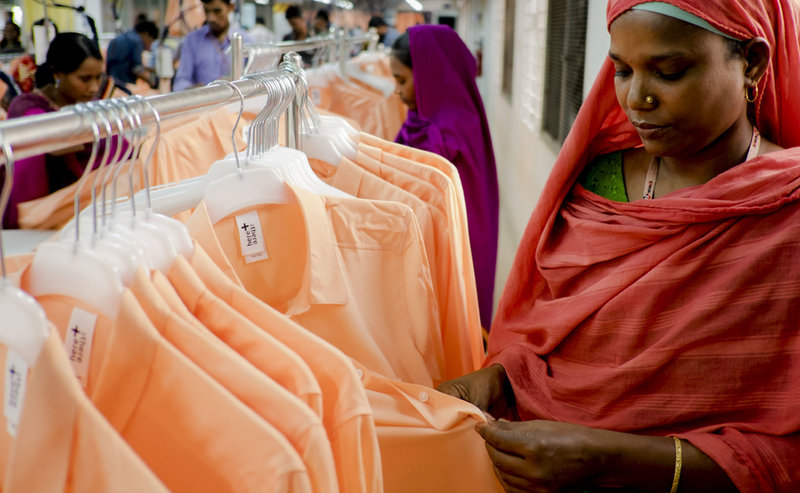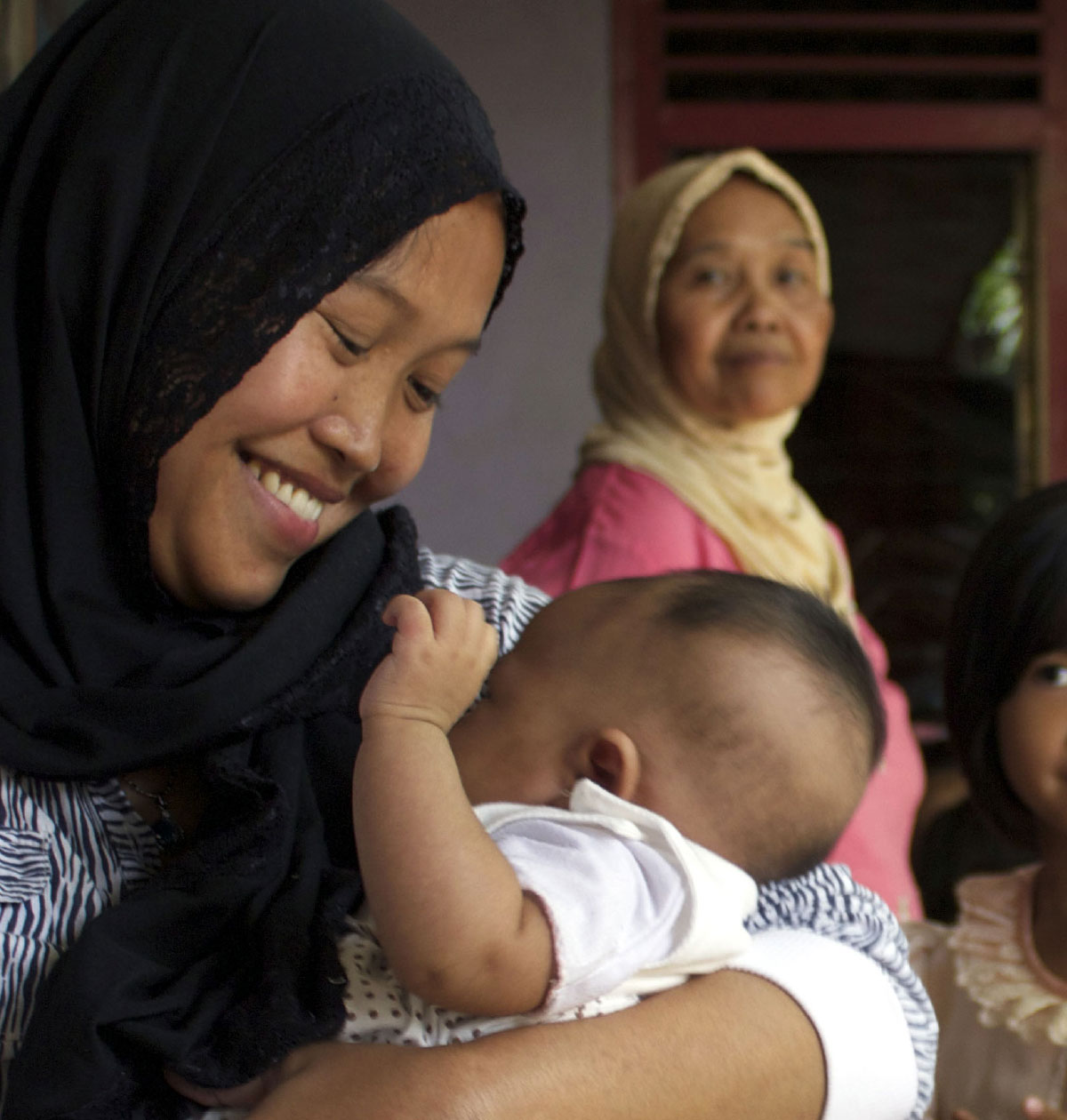
Concrete changes were secured for 3,400 workers in just the first four months of public disclosure.

Insight
Data must be comparable
Despite widespread efforts, many garment factories in Indonesia still fail to comply with minimum wage and labour laws. Currently, workers and unions don’t have access to information that compares compliance between factories. This limits the ability for unions to negotiate improvements, and for workers to make informed decisions on where to work.
We’re supporting Wage Indicator’s new Gajimu.com factory pages to empower Indonesian unions to use evidence to negotiate improvements in wages and working conditions. So far, Wage Indicator has gathered data from 1,977 workers from 61 factories on 41 compliance issues.
Results:
Since the data has been published in early 2018, four factories employing a total of 3,400 workers have agreed to meet with their unions to discuss the survey results. Some of the changes agreed upon are:
- Conducting health and safety training
- Including clauses on sexual harassment in the renewal of their Collective Bargaining Agreements
- Incorporating prolonged rest periods for workers into company regulations
- Enrolling workers into health and employment insurance schemes
- Providing overtime pay according to national regulations
- Providing menstruation leave according to law
Success story
Industry-wide transparency in Brazil
The Brazilian Textile Retailer’s Association (ABVTEX) encompasses the largest 24 fashion and textile brands in Brazil. Thanks to the strengthening of the ABVTEX Factory Certification Programme, supported by the C&A Foundation, the association has committed to publicly disclosing all certified suppliers.
Aim of the programme
ABVTEX is strengthening its Factory Certification Programme, which certifies good working conditions. A stronger programme could reduce brands’ individual auditing efforts, leaving more resources for supply chain development.
The initiative also includes a commitment to publicly disclose the names, locations and performance information of certified suppliers, which means that brands can reward these factories by placing orders with them.
Why it’s important
Few Brazilian brands have their own compliance programmes and even fewer publish information about their supply chains. The ABVTEX certification programme specifies the standards factories must meet – an important first step towards promoting industry-wide transparency and accountability in Brazil.
Appetite for change
Organisations are financially supporting public disclosure. So far, this initiative has received co- funding from 11 brands that are producing in Brazil. These include Calvin Klein, Centauro, Cia Hering, GEP, GPA, Marisa Lojas, Pernambucanas, Renner, Reserva, Riachuelo and Zara.